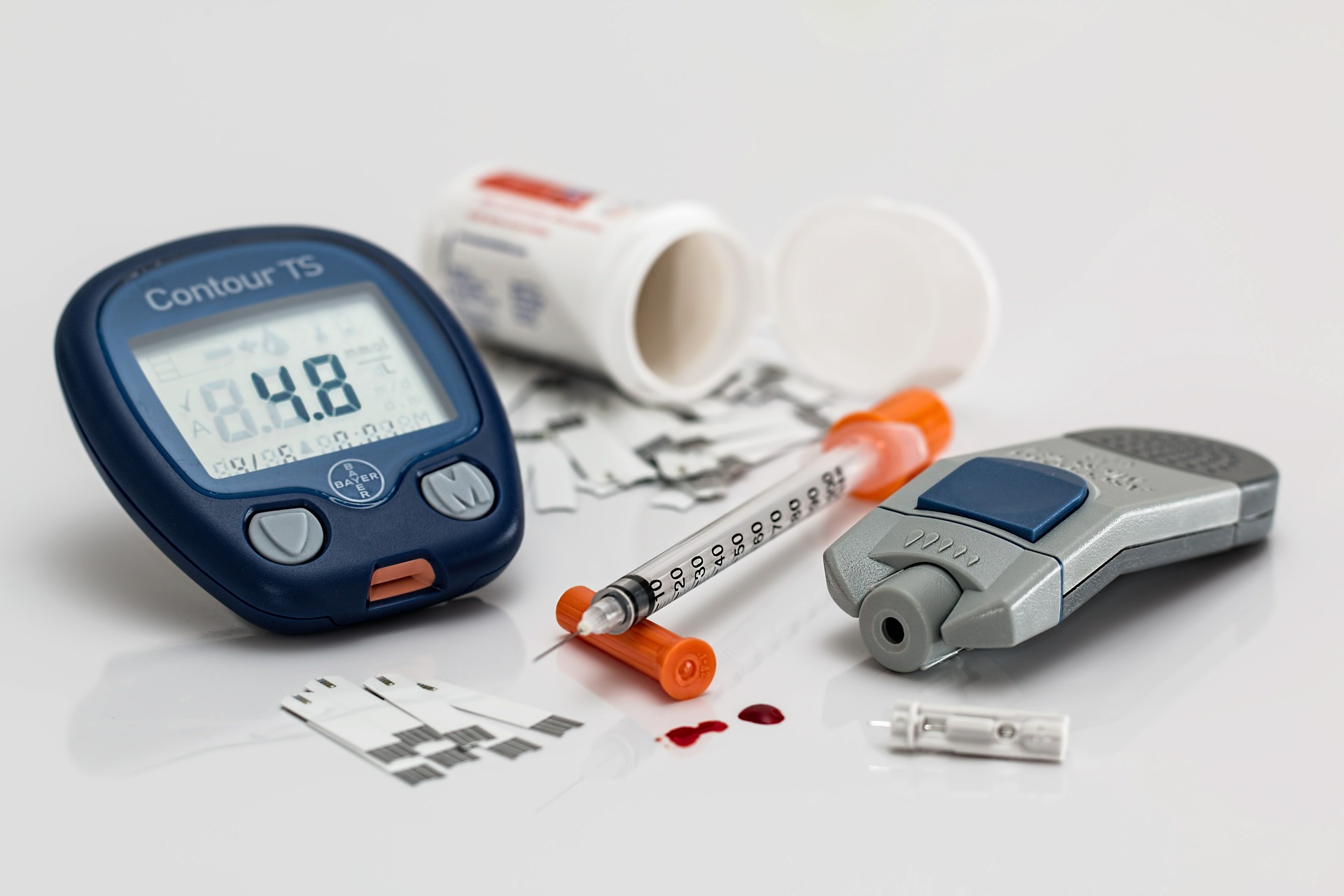As per the new study conducted by University of Warwick researchers, giving hospital discharge letters to patients as well as their GPs could make a substantial difference to patient outcomes.
Many patients have vouched for receiving the letters, according to interviews conducted with patients.
It also highlighted that improvements in their content are needed to make them more useful.
Published in BMC Health Services Research by researchers from Warwick Medical School and the Centre for Applied Linguistics at the University of Warwick, the study said that discharge letters are produced by hospital clinicians.
Lead author Dr Katharine Weetman, an IAS fellow from Warwick Medical School at the University of Warwick, said, “If a patient has been treated at hospital and they’re being discharged, it means that something important has happened, such as a new diagnosis, a change in medication or new advice that they should follow. There are patient safety implications in terms of how such information is communicated, shared and managed in order that both they and their GPs are fully informed.”
Although there are national guidelines, every hospital trust can have its own discharge policy so there is considerable variation in how discharge letters are managed. Hospitals can vary the template, content, who writes it (i.e. a consultant, junior doctor, nurse, etc.), the process for sending it out, whether it’s paper or electronic format, and particularly whether or not they share it with patients.
The NHS Plan (2000) and ‘Copying letters to patients: good practice guidelines’ (2003) by the Department of Health, as well as other initiatives and guidelines since then, encourage sending patients their discharge letters as good practice, but it’s not specifically mandated or standardised.
For the study, the researchers spoke to 50 patients who had a recent experience in an inpatient, outpatient, accident and emergency department or day surgery setting, though most related to inpatient stays.
88% indicated that they would like to receive a discharge letter (compared to 64% who reported having received one), and 62% were specifically in favour of receiving a copy of the discharge letter that their GPs receive, as opposed to a personalised letter.
Several gave examples of how that would have improved their experience.
Dr Weetman said: “Patients described issues like not knowing what their treatment plan is, not knowing what they need to do when they get home, when follow-up appointments would be occurring, or what their medication or exercise regime is. If they don’t know what’s happening then it can cause a great deal of anxiety, a likelihood that important advice and guidance may not be followed, and so affect their future health, wellbeing and use of NHS resources.”
“Where they did receive discharge letters, patients wanted to see less technical jargon or acronyms, which are confusing to patients and may be unfamiliar to GPs too. They felt information should be organised into relevant, clearly labelled sections.
“Past research has shown that if patients or GPs aren’t informed properly then adverse outcomes may occur, such as patients being readmitted to hospital because vital advice in the letter such as changes in medication or the need for follow-up blood tests has been overlooked.”
An earlier study by the team found that GPs were also generally supportive of patients receiving their letters, citing reasons such as the benefits of enabling patients to be more directly involved in their care, and helping to ensure that any follow-up is actioned if the GP hasn’t received or actioned the advice in the letter for whatever reason.
The researchers also stress that it is important to maintain good practice in discharge communications even in a crisis situation such as the COVID-19 pandemic, where patient safety and avoidance of pressures on the NHS is even more vital.











